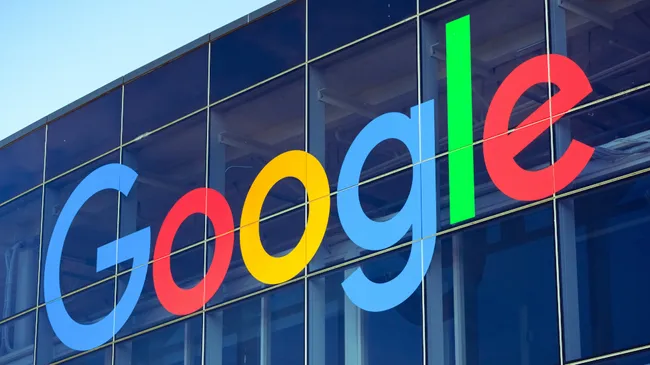
Googlesaid Tuesday that it plans to make aGoogle SearchAdjustments are made to make it clearer to users which images in the search results were generated by AI or edited by AI tools.
Over the next few months, Google will mark AI-generated and edited images in the "About this image" window of Search, Google Lens, and the Circle to Search feature on Android, and similar prompts may appear on other Google platforms, such as YouTube, the company said. Similar prompts may appear on other Google platforms, such as YouTube. Google says it will share more information about this later this year.
It's worth noting that only images containing "C2PA metadata" will be flagged as AI-processed in searches.C2PA (Content Origin and Authenticity Alliance) is a group of organizations dedicated to developing technical standards for tracking the history of an image, including the device and software that captured and/or created it.
Currently, companies including Google, Amazon, Microsoft, OpenAI, and Adobe support C2PA. however, the consortium's standards have yet to be widely adopted. Previous media reports have suggested that C2PA faces many challenges in terms of promotion and interoperability, with only a handful of generative AI tools and cameras from Leica and Sony currently supporting the organization's specifications.
In addition, like any metadata, C2PA metadata can be deleted, erased, or corrupted to the point of being unreadable. And some popular generative AI tools (such as xAI's Grok chatbot for image generation, Flux) generate images without C2PA metadata, in part because their developers have not yet agreed to support the standard.
But the analysis suggests that despite this, having measures in place is better than not having them, especially in the case of AIDeep fakes(deepfakes) spreading rapidly. Surveys show that most people are concerned about being deceived by deepfakes and the possibility that AI could fuel the spread of false propaganda. According to one estimate, scams involving AI-generated content grew by 2,45% between 2023 and 2024.Deloitte expects losses related to deepfakes to soar from $12.3 billion in 2023 to $40 billion in 2027.